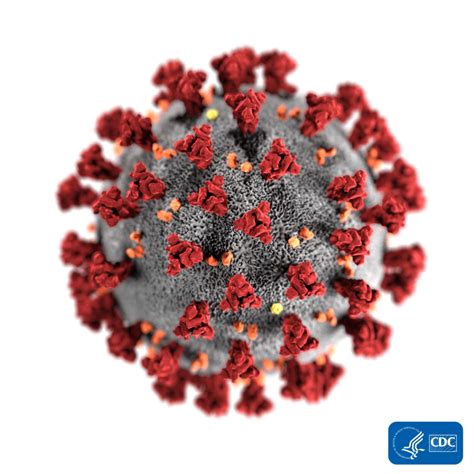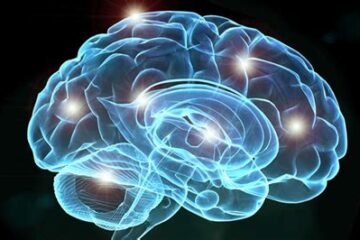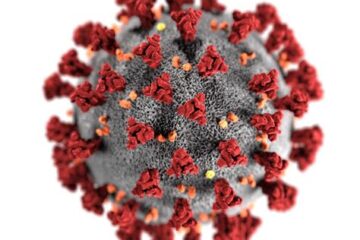
In this post " Neuropsychiatric sequelae of long COVID 19 @ יואל קסלר .com" we present data recently published by Alex Chen et. al. in the journal Brain, Behavior, & Immunity – Health. They present data that suggests that neuropsychiatric symptoms are often reported following COVID-19 infection. Additionally, self-reported symptoms may not be associated with objective dysfunction but self-reported symptoms may be associated with depression and anxiety. Furthermore cognitive testing may overestimate clinical impairment in disadvantaged populations. The full article can be read here. The abstract is reprinted below.
Abstract
Background
As the coronavirus disease 2019 (COVID-19) pandemic continues, there has been a growing interest in the chronic sequelae of COVID-19. Neuropsychiatric symptoms are observed in the acute phase of infection, but there is a need for accurate characterization of how these symptoms evolve over time. Additionally, African American populations have been disproportionately affected by the COVID-19 pandemic. The COVID-19 Neurological and Molecular Prospective Cohort Study in Georgia (CONGA) was established to investigate the severity and chronicity of these neurologic findings over the five-year period following infection.
Methods
The CONGA study aims to recruit COVID-19 positive adult patients in Georgia, United States from both the inpatient and outpatient setting, with 50% being African American. This paper reports our preliminary results from the baseline visits of the first 200 patients recruited who were on average 125 days since having a positive COVID-19 test. The demographics, self-reported symptoms, comorbidities, and quantitative measures of depression, anxiety, smell, taste, and cognition were analyzed. Cognitive measures were compared to demographically matched controls. Blood and mononuclear cells were drawn and stored for future analysis.
Results
Fatigue was the most reported symptom in the study cohort (68.5%). Thirty percent of participants demonstrated hyposmia and 30% of participants demonstrated hypogeusia. Self-reported neurologic dysfunction did not correlate with dysfunction on quantitative neurologic testing. Additionally, self-reported symptoms and comorbidities were associated with depression and anxiety. The study cohort performed worse on cognitive measures compared to demographically matched controls, and African American patients scored lower compared to non-Hispanic White patients on all quantitative cognitive testing.
Conclusion
Our results support the growing evidence that there are chronic neuropsychiatric symptoms following COVID-19 infection. Our results suggest that self-reported neurologic symptoms do not appear to correlate with associated quantitative dysfunction, emphasizing the importance of quantitative measurements in the complete assessment of deficits. Self-reported symptoms are associated with depression and anxiety. COVID-19 infection appears to be associated with worse performance on cognitive measures, though the disparity in score between African American patients and non-Hispanic White patients is likely largely due to psychosocial, physical health, and socioeconomic factors.
For more interesting articles on COVID 19 check out both our COVID page and our blog.
אנו מציגים נתונים שפורסמו לאחרונה על ידי אלכס צ'ן וכו'. הם מציגים נתונים המצביעים על כך שתסמינים נוירו-פסיכיאטריים מדווחים לעתים קרובות בעקבות זיהום בקורונה. בנוסף, סימפטומים מדווחים על עצמם עשויים שלא להיות קשורים לחוסר תפקוד אובייקטיבי, אך תסמינים מדווחים על עצמם עשויים להיות קשורים לדיכאון וחרדה. יתר על כן, בדיקות קוגניטיביות עשויות להעריך יתר על המידה ליקוי קליני באוכלוסיות מוחלשות. את המאמר המלא ניתן לקרוא כאן.


